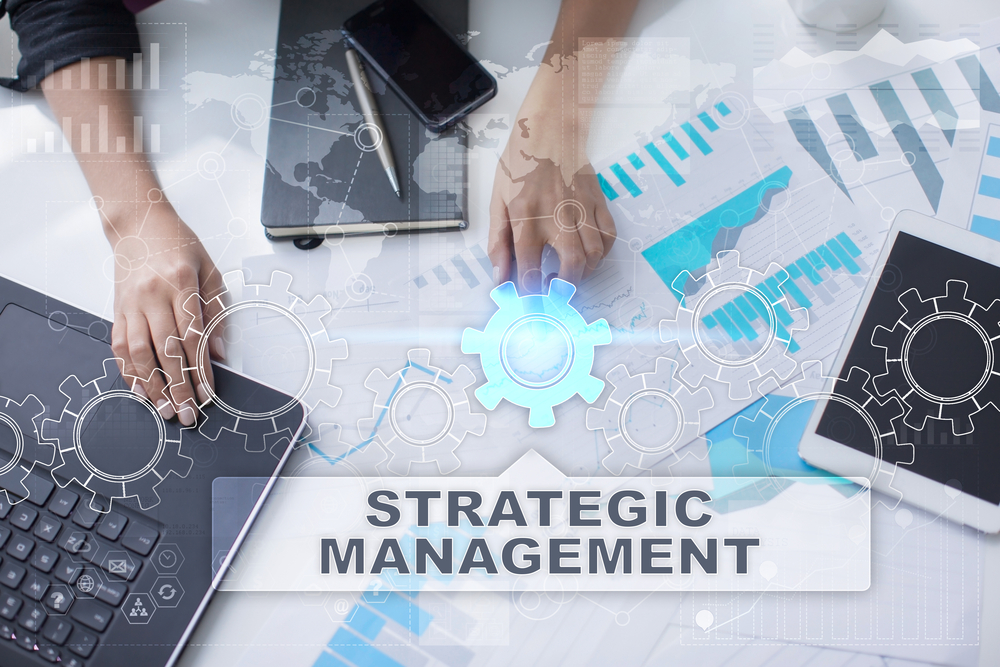Optimizing Culture: Strategies for Effective Planning and Performance Course
Introduction
In today's business environment, fostering a culture of optimization is essential for achieving excellence and maintaining a competitive edge. The Culture of Optimization, Effective Planning, Strategy, and Performance course aims to equip professionals with the necessary tools to enhance organizational performance. This course delves into principles of strategic planning and performance management, emphasizing how a culture focused on optimization leads to continuous improvement and innovation.
Participants will integrate effective planning techniques with strategic thinking and performance metrics to cultivate an environment where efficiency and effectiveness thrive, ultimately leading to superior outcomes and long-term success. The course emphasizes the synergy between a culture strategy framework and optimization planning to achieve peak organizational performance.
Objectives
Upon completing the Culture of Optimization, Effective Planning, Strategy, and Performance course, participants will be able to:
- Develop strategic planning skills to align organizational goals with performance outcomes.
- Enhance ability to measure and analyze performance metrics for continuous improvement.
- Implement effective process optimization techniques to streamline operations.
- Apply data-driven decision-making to drive strategic initiatives and innovations.
- Manage and mitigate risks associated with optimization and strategic planning.
- Foster a culture of collaboration and leadership to support strategic objectives.
- Utilize change management strategies to adapt to evolving business environments.
Training Methodology
- Mock Tests
- Group Work
- Workshops
- Role Play Activities
- Live Activities
- Panel Discussion
Course Outline
Unit 1: Culture Planning and Culture Strategy
- Identify the impact of culture on organizational success and sustainability.
- Understand and measure organizational culture in practice.
- Outline and formulate strategic objectives for desired culture.
- Bridge gaps between ideal culture and organizational strategy goals.
- Review successful culture planning and strategy implementations.
Unit 2: Integration with Business Planning
- Examine the influence of organizational culture on strategic management and performance.
- Incorporate cultural factors into business planning and performance measures.
- Assess the impact of integrating culture on competitiveness and business resilience.
Unit 3: Sector Impact and Performance Management
- Explore how sector-specific issues affect culture and performance.
- Develop guidelines to address sectoral aspects affecting culture.
- Practice performance management across different countries and industries.
- Address gaps between organizational culture and sectoral goals.
Unit 4: Culture Assets Planning and Optimization
- Analyze critical cultural assets, including values and talent.
- Manage cultural assets to support values and innovation.
- Leverage culture for competitive positioning and sustainable development.
- Build and reinforce a healthy organizational culture.
Unit 5: Culture Policies, Processes, and Compliance
- Create policies and processes that align with organizational culture.
- Integrate culture compliance within risk management and ethics.
- Conduct culture risk assessments.
- Evaluate culture and compliance practices.
Unit 6: Cultural Communication
- Communicate cultural concepts and expectations within the organization.
- Encourage open dialogue about cultural issues.
- Develop strategies to positively influence organizational culture.
- Assess the impact of communication on culture change.
Unit 7: Leadership Role in Culture Optimization
- Explore how leadership can shape and sustain organizational culture.
- Acquire leadership skills to promote and embody cultural values.
- Involve leaders in change management processes.
- Examine case studies of effective culture change through leadership.
Unit 8: Employee Engagement and Culture Alignment
- Link employee engagement to organizational culture.
- Create mechanisms to align employees with cultural values.
- Promote active employee participation in cultural initiatives.
- Evaluate the impact of employee engagement on organizational performance.
Unit 9: Continuous Improvement and Culture Evolution
- Identify ways to evolve and improve organizational culture over time.
- Implement procedures for regular culture evaluation and development.
- Establish responsive communication mechanisms for cultural advancement.
- Analyze how organizations adapt their culture to changing market conditions.
Unit 10: Cultural Change: Evaluation and Sustainability
- Identify indicators of successful cultural change efforts.
- Use tools to ensure the sustainability of cultural changes.
- Apply methods to align cultural practices with organizational objectives.
- Review cases of successful and unsuccessful cultural changes to derive insights.





















